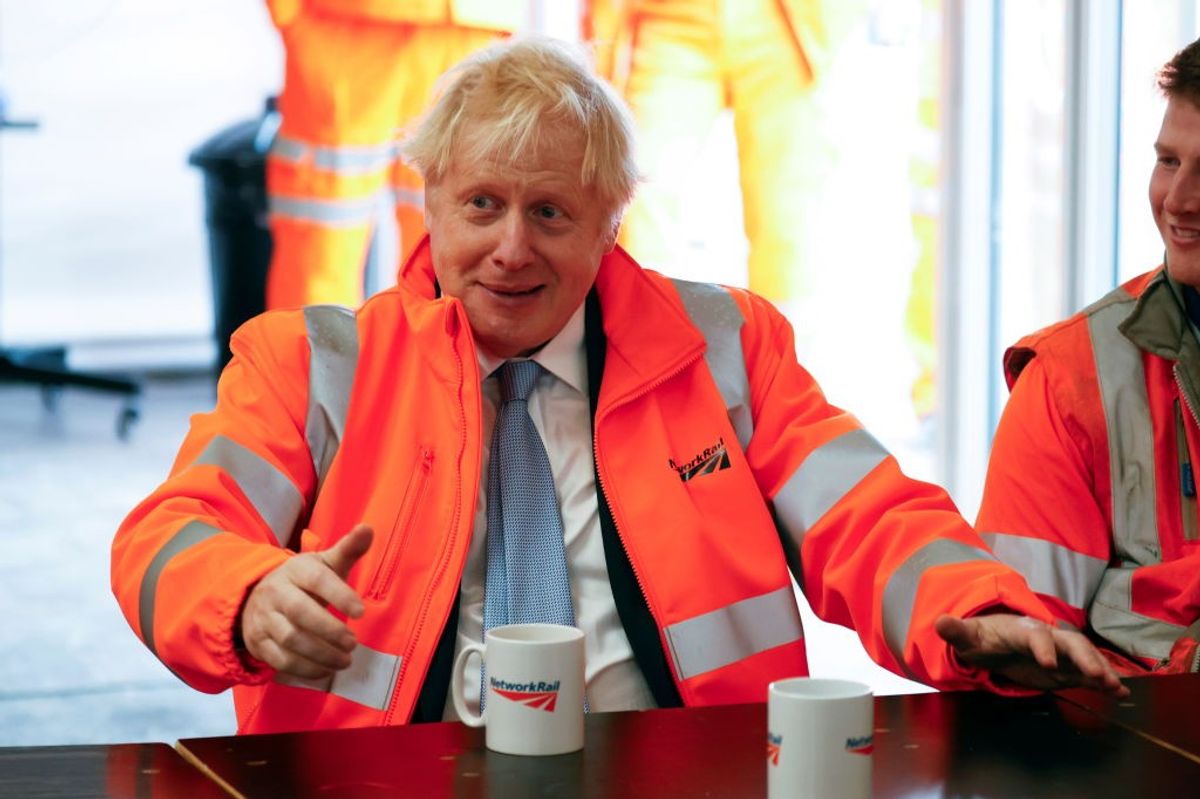Prime Minister Boris Johnson denied on Tuesday that Britain was in crisis due to a shortage of labour or that it was facing a 1970s-style inflationary spiral.
Johnson said that businesses had mainlined on low-wage imported labour for nearly 25 years and that they should now pay their workers more and invest more.
Asked by BBC radio if the UK was in crisis, Johnson said: "No. I think that on the contrary, what you are seeing with the UK economy and indeed the global economy is very largely in the supply chains the stresses and strains you would expect from a giant waking up and that is what is happening."
He added however that businesses need to spend more.
"What you saw in the last 20 years or more, almost 25 years, has been an approach whereby business of many kinds, was able to mainline low wage, low cost, immigration for a very long time," Johnson said.
Asked if the UK was heading for a 1970s-style inflationary spiral, he said: "I don't think that the problem will present itself in that way and I think actually that this country's natural ability to sort out its logistics and supply chains is very strong."
Speaking to BBC TV, Johnson said 127 drivers had applied for fuel trucker visas amid an acute shortage of drivers that has strained supply chains to breaking point.
Johnson clarified that the haulage industry had been asked to provide the details of drivers who were willing to come to Britain, and it had only given 127 names.
"What that shows is the global shortage," he said.
With fuel companies and supermarkets warning that a shortage of drivers was hitting deliveries, the government said late last month that it would temporarily reverse its immigration rules and give 5,000 visas for EU drivers to operate in Britain. It said 300 of those could arrive immediately to drive oil tankers.


